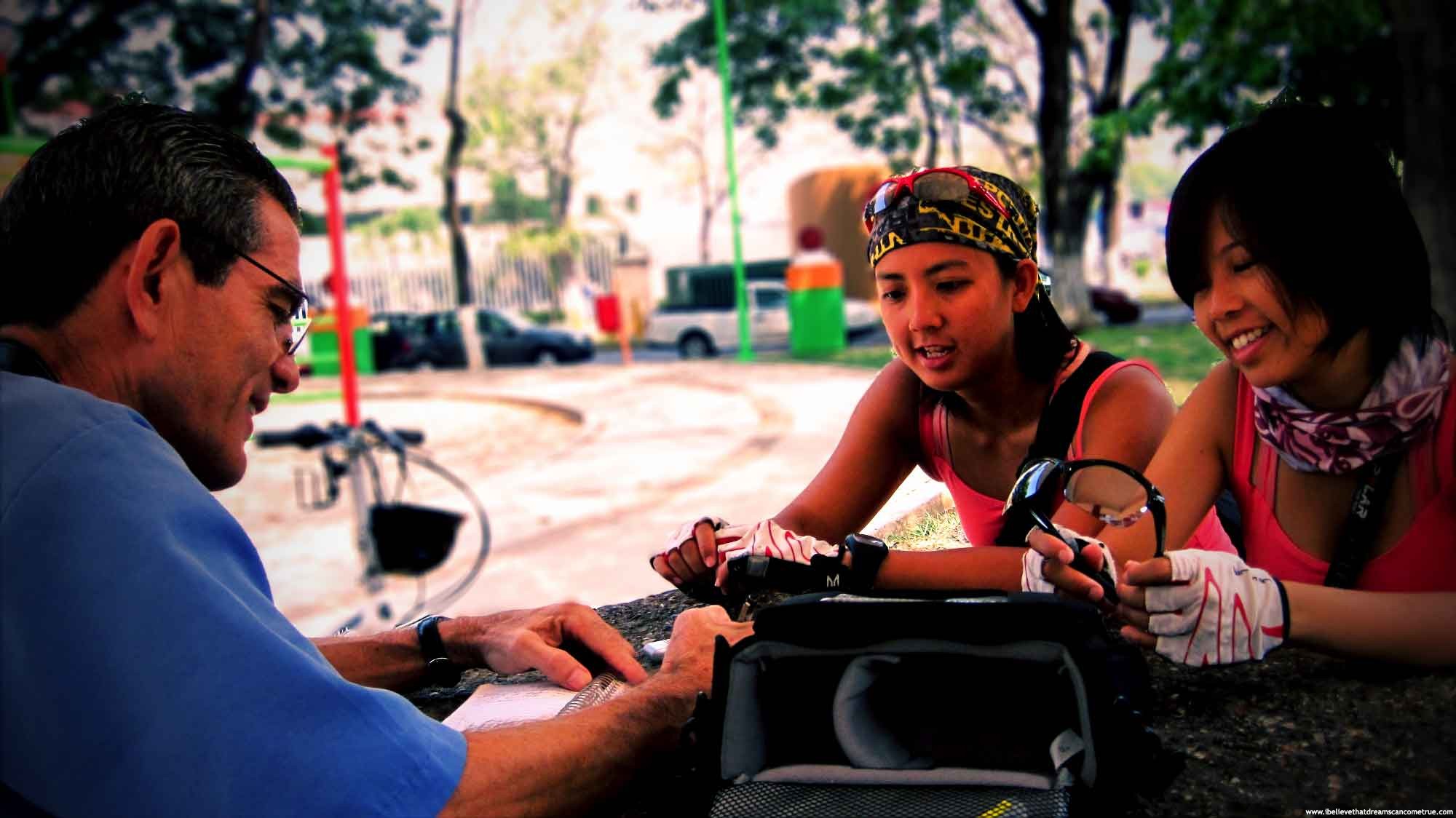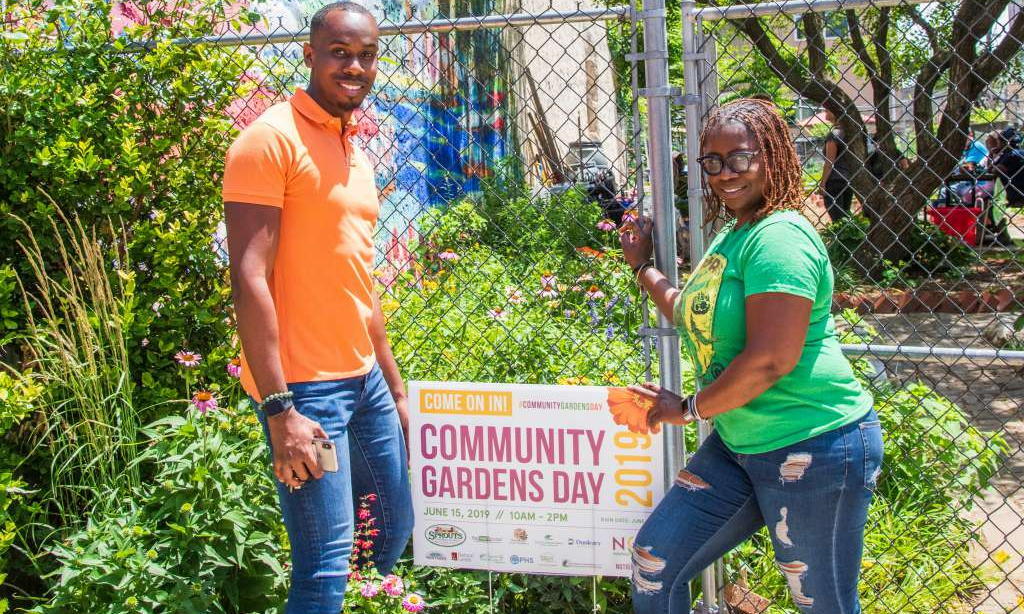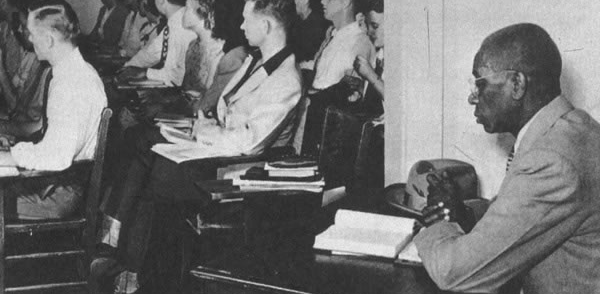Some of the earliest civic groups to form in this country were fraternal lodges and trade unions. Members wrote codes of conduct and addressed how they wished to support their members while advocating for greater support from the government. Over the two hundred and fifty years of slavery and the lasting impacts of racial segregation, Americans formed both inclusive and exclusive associations.
Home
Civil Societies
This website highlights the role that the "third sector" of society occupies between business and the government. Civil Society groups include organizations from youth groups to career trade associations. These organizations use the strength of their membership to advocate for public, private and government support for the issues important to their constituencies.
It is said that "Civil Society" represents the individual to the State. It is this function that gives voice to inequities in society and seeks to provide some remedies. It is civil society that often provides direct access to public servants and elected officials.

"Another World is Possible" is a phrase associated with the current iteration of the Zapatistas in the state of Chiapas in Mexico. On January 1, 1994, when the North American Free Trade Agreement came into affect, the Zapatista Army of National Liberation (Ejército Zapatista de Liberación Nacional, EZLN) went public with and their intention to rule themselves.

The Solidarity Economy utilizes sharing, barter, exchanges and cooperatives to provide a diverse set of compensation. It's participants and members focus on strengthening relationships over competitiveness. Goods may be exchanged for services and visa versa. All members of the community are open to participate.
Practice

Equality is the state of being equal, especially in status, rights, and opportunities. Equity is the quality of being fair and impartial. Clearly, Equity is the not the same as Equality.